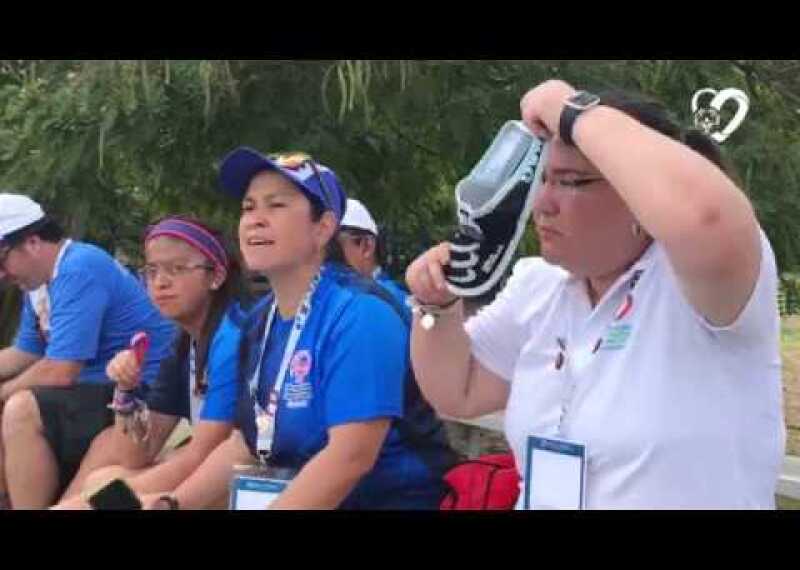
My journey of being the National Director of Sports for Special Olympics Brazil, a tennis coach and technical delegate coincides with my love of learning.
In 1996, I attended a specialization course in Adapted Physical Education and the time, I did not imagine that my life would change completely. That’s the moment I started working on tennis with people with intellectual disabilities (ID) and when I first learned about Special Olympics.

Soon after, I took several Special Olympics sports courses (there was no tennis at the time) and adapted what I learned to coaching tennis. After I completed my doctorate with a focus on tennis, Special Olympics and Special Olympics Unified Sports©, I started organizing athlete trainings, competitions and coach training courses. I took all of the Special Olympics e-learning courses to increase my knowledge and also to motivate coaches, family members and volunteers to improve their work so that our athletes could continue to have more opportunities to compete and be recognized, celebrated, valued and respected as they deserve.
I learn so much from the athletes as well like how to be a better coach, to respect their abilities and the time it takes for them to learn. I use those experiences along with other Special Olympics strategies and tools with my other players who do not have ID but had some difficulties in the learning process.
Something that everyone can learn from Special Olympics athletes is the spirit of true sportsmanship. One example is at the end an international Special Olympics tennis tournament I was organizing, two of the athletes went to the net to shake hands. The winner was crying a lot. We asked her, “Are you crying because you won and are happy?” She said, “No, I am crying because my opponent lost and she is probably unhappy.”

There was another time when an athlete with ID and one without were playing against each other. The father of the guy without a disability asked his son, “Hey, is that the player with an intellectual disability you mentioned last week?” The son responded, “Yes but Dad, when I play him on the court, I am the one with a disability. He plays so much better than me!”
So, that's what it’s all about—people being recognized by their abilities and for the values they bring. The coach-athlete relationship goes far beyond the courts, it is a relationship of trust and belief. They believe in my work and I believe they are capable. It brings us closer together. It strengthens us.
About the Special Olympics Coaching Program
Join over 9,000 other coaches around the world in becoming a qualified Special Olympics coach using the Special Olympics Online Learning Portal. Gain your official certification by completing the online modules and progress up the coach education ladder to improve your knowledge and improve the quality of sport for your athletes. Courses include Level 1 Sport Assistant, Level 2 Coach Assistant, Unified Sports Coaching, Young Athletes Coaching, World Games Preparation, and additional fitness, Protective Behaviors, and concussion awareness training.
Courses are available in multiple languages including English, Spanish, French, Russian, Arabic and Chinese along with Japanese, Greek, Portuguese, Korean and Hindi. For assistance in registering for the Learning Portal follow this step-by-step guide.









